Deadliest month for Israeli military: Regime suffers heaviest losses in Gaza, Lebanon
Official figures have revealed that Israeli military forces engaged in ground offensives in the northern side of the Gaza Strip and southern Lebanon have suffered dramatic loss amid strong resilience by resistance fighters, with the Tel Aviv regime recording its worst month for military deaths this year.
According to the figures, at least 62 soldiers have been killed since the start of October, making it the deadliest month for the Israeli army since last December when 110 soldiers were killed at the height of the genocidal war on Gaza.
It also marks a steep increase in recorded fatalities compared with recent months. Just nine deaths were recorded by the Israeli military in September and 63 in total between June and August.
Moreover, the Israeli army asserts that 35 of its soldiers have been killed in southern Lebanon or on the Lebanese border since it began the ground offensive on the Arab country at the start of this month.
This is while the Lebanese Hezbollah resistance movement claims it has killed more than 90 Israeli soldiers during clashes in southern Lebanon.
At least 19 regime soldiers have also died this month in raging battles with Hamas fighters in Gaza, where the Israeli military is carrying out a campaign of ethnic cleansing and extermination of Palestinians.
The figures are based on official information published on the Israeli Ministry of Foreign Affairs website, listing a total of 780 military casualties.
It includes at least 365 soldiers listed as “fallen in combat” in Gaza, Lebanon and the occupied West Bank, as well as those killed in rocket attacks or other attacks within the occupied territories, and others who died in road accidents.
Many soldiers are identified only by their name, rank and unit, with no further detail about the circumstances of their deaths.
New figures released this week by the Israeli military’s rehabilitation department also indicate a recent increase in the number of wounded soldiers requiring medical treatment.
On Tuesday, it said it had received 910 soldiers wounded this month in Lebanon.
Information about casualties is austerely controlled in the Israeli-occupied territories, where the media is subjected to strict military censorship.
This has raised the question that the official figures are under-reporting the real scale of losses suffered by Israeli forces in Gaza and Lebanon.
In an interview on Channel 12 on Monday, opposition leader Yair Lapid said that 890 soldiers had been killed and 11,000 injured since the surprise and large-scale operation by Gaza-based resistance groups, dubbed Operation Al-Aqsa Flood, against the Zionist entity on October 7 last year.
In its latest figures released on Tuesday, the Israeli military’s rehabilitation department updated the total number of soldiers it said had received treatment since the onset of the Gaza war to about 12,000.
About 14 percent of these – around 1,680 soldiers – are classified as having moderate or serious injuries. About 43 percent – 5,200 soldiers – required treatment for post-traumatic stress disorder or other psychological issues, the department said.
This comes as news reports on the funerals of Israeli troops killed in Lebanon have drawn attention to the grieving of widows and orphans, and prompted some settlers to wonder whether support for the Tel Aviv regime’s wars may be shifting.
Israeli journalist Amos Harel asked in the Haaretz newspaper whether a rising death toll could “gradually change the public’s view of the need to continue the war”.
He added that the incumbent Israeli administration led by Prime Minister Benjamin Netanyahu is trying to portray the string of recent military strikes in the Gaza Strip, Iran and Lebanon as an achievement and that the war must continue on every front.
“But in reality, it's impossible to ignore the price that continuing the war for much longer would entail,” Harel underlined.
President Yoon Suk Yeol to be removed from office
At least 19 Gazans killed by Israeli airstrikes since dawn: Medics
Leader: Iran neither has nor needs proxy forces
US fighter aircraft shot down ‘in friendly fire’ amid aggression on Yemen
Yemeni FM: Israel’s sponsors accountable for ongoing aggression on Sana’a
Eight Palestinians killed as Israel attacks Gaza school, hospitals
VIDEO | Rome, Milan host new protests in solidarity with Palestinians
Dec. 21: ‘Axis of Resistance’ operations against Israeli occupation


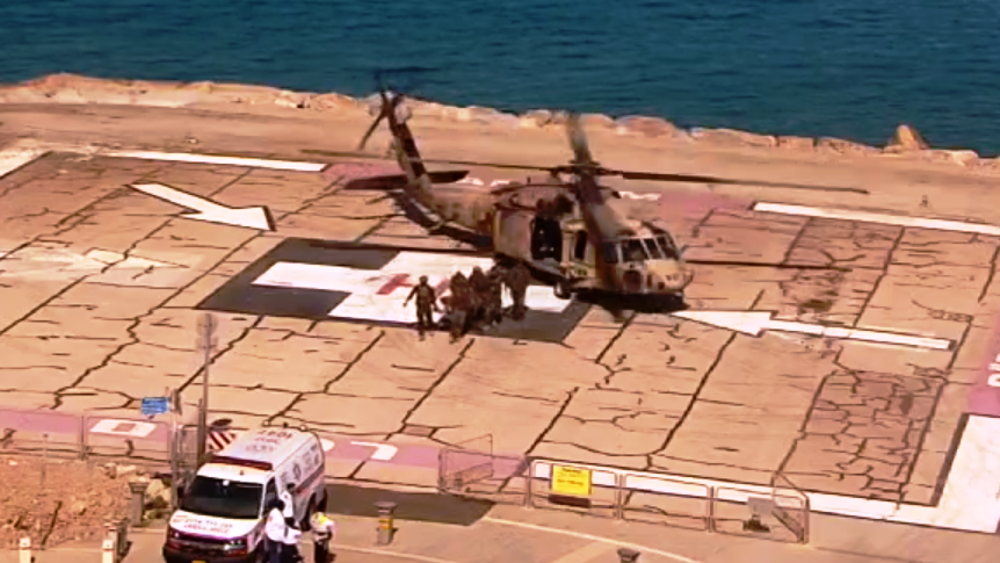
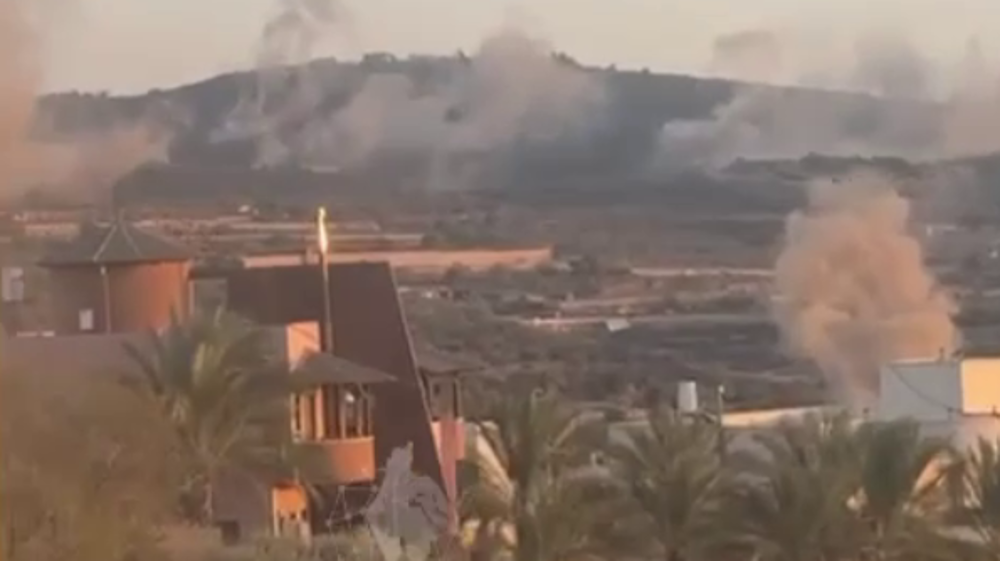
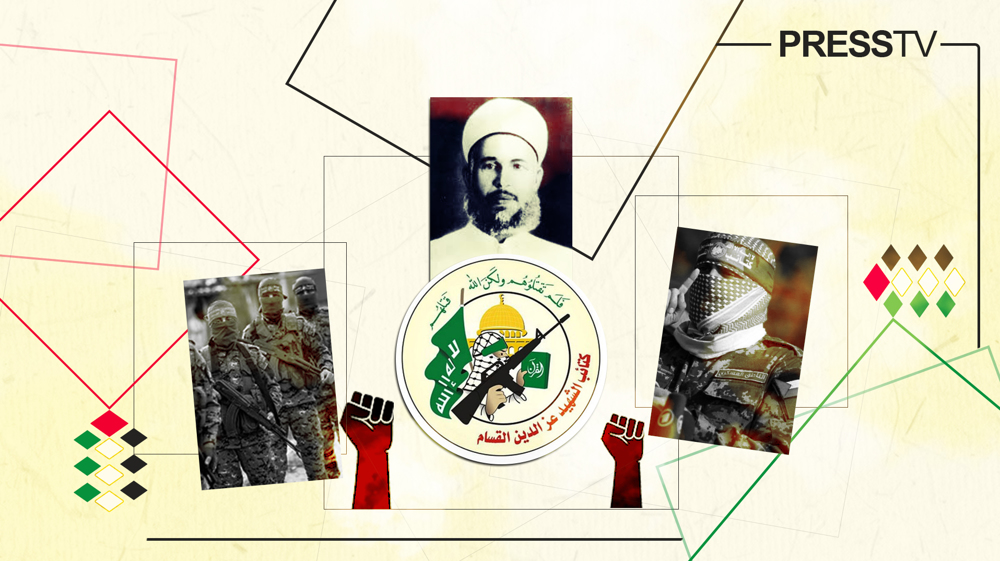
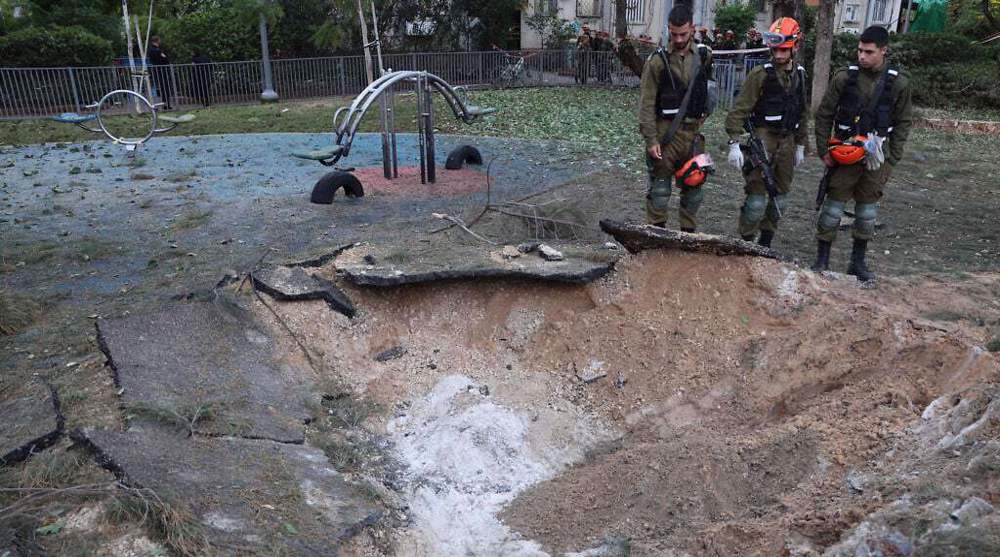
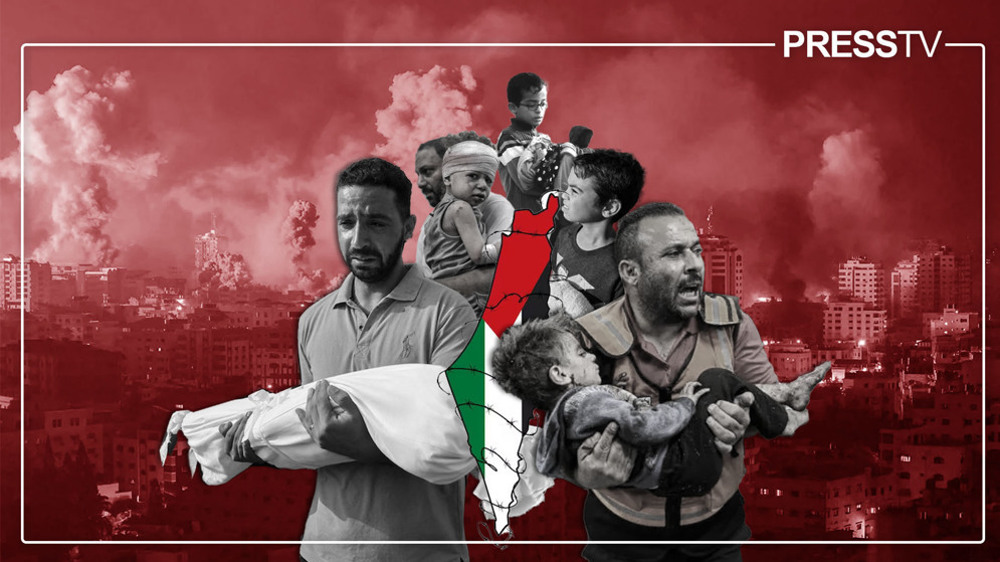



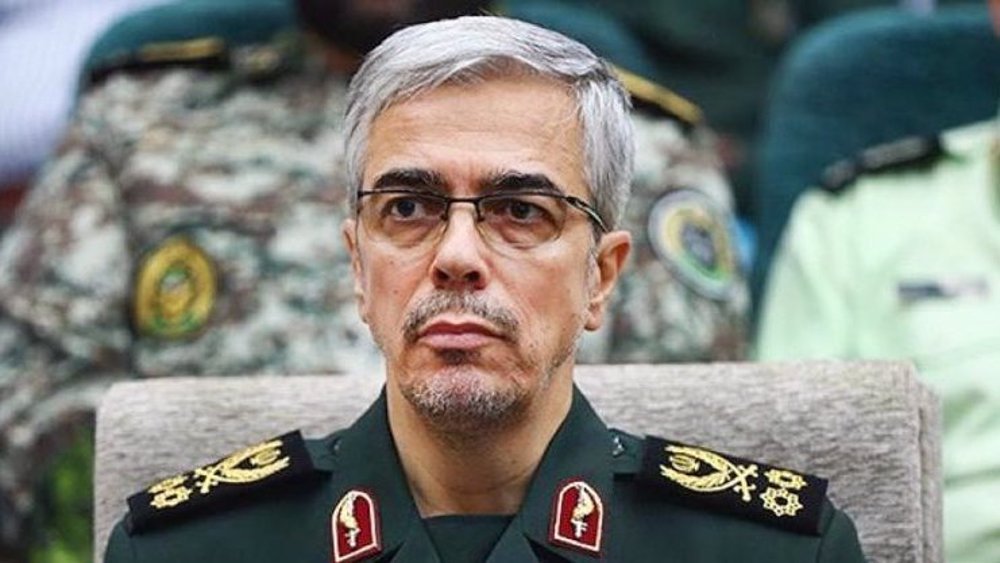
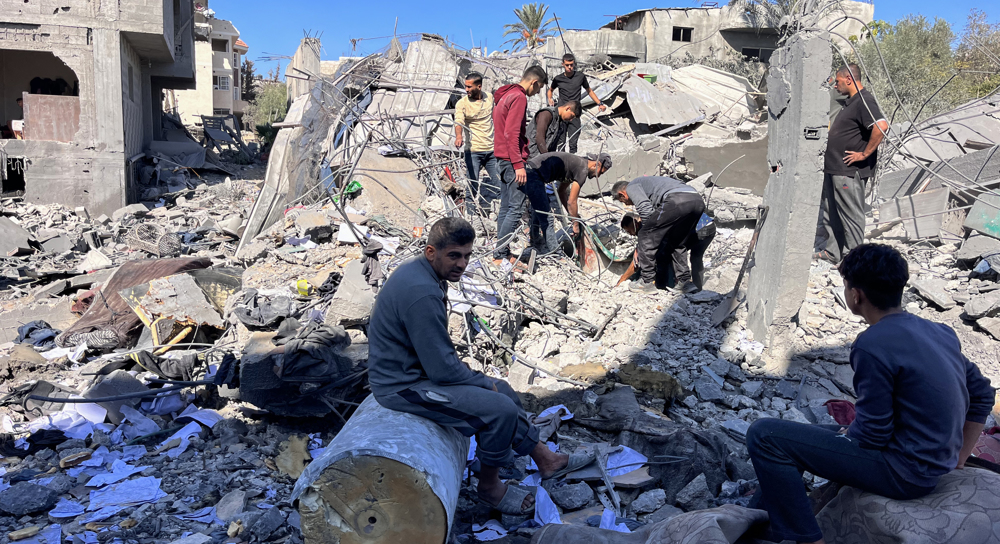
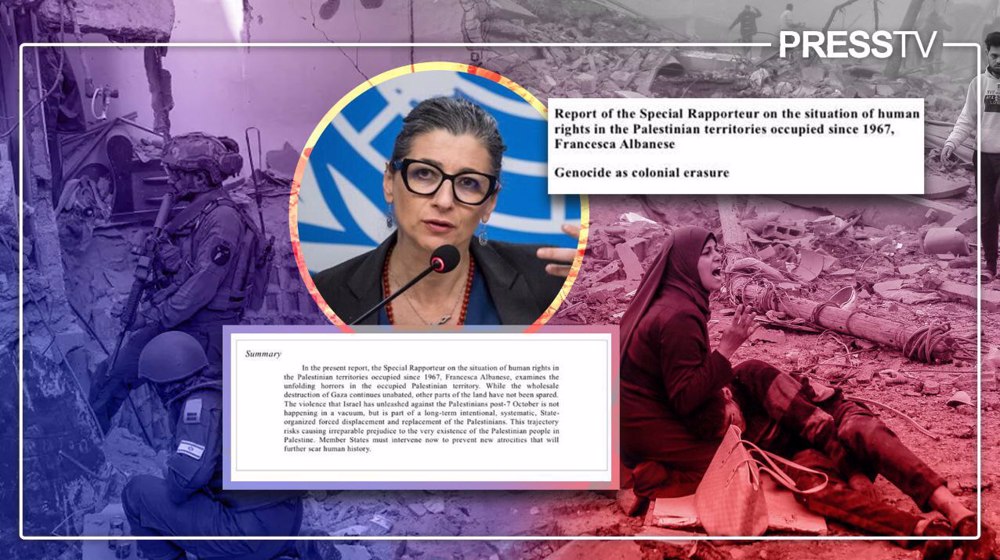
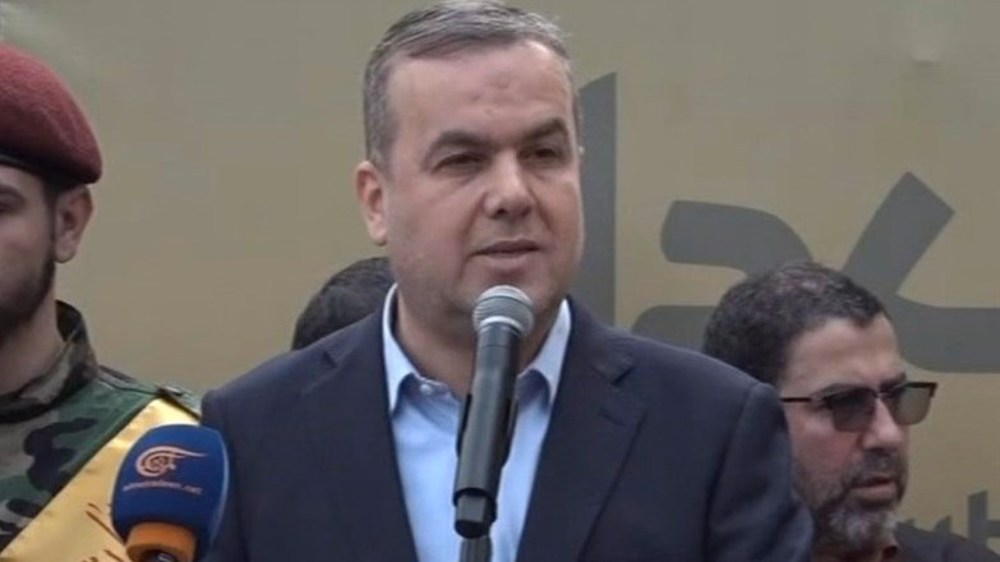
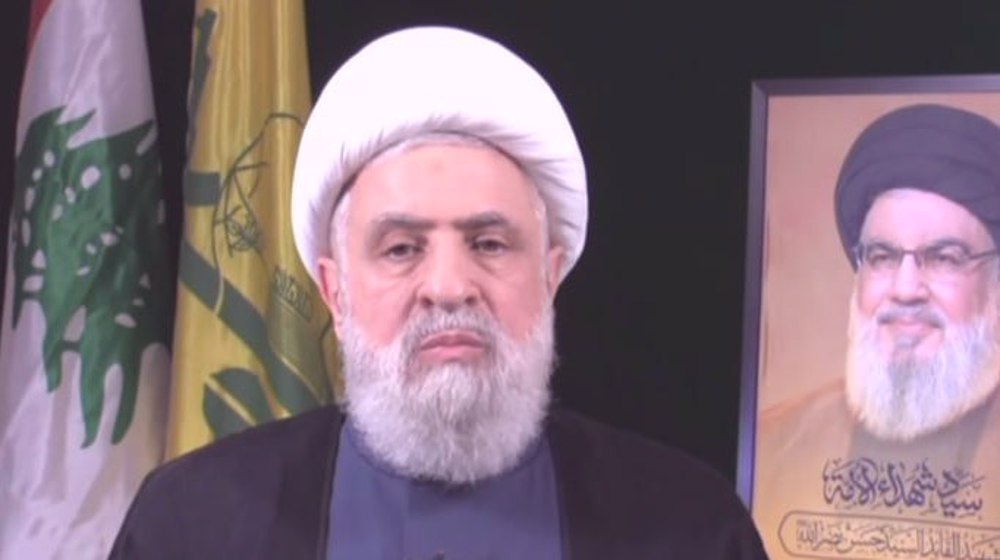
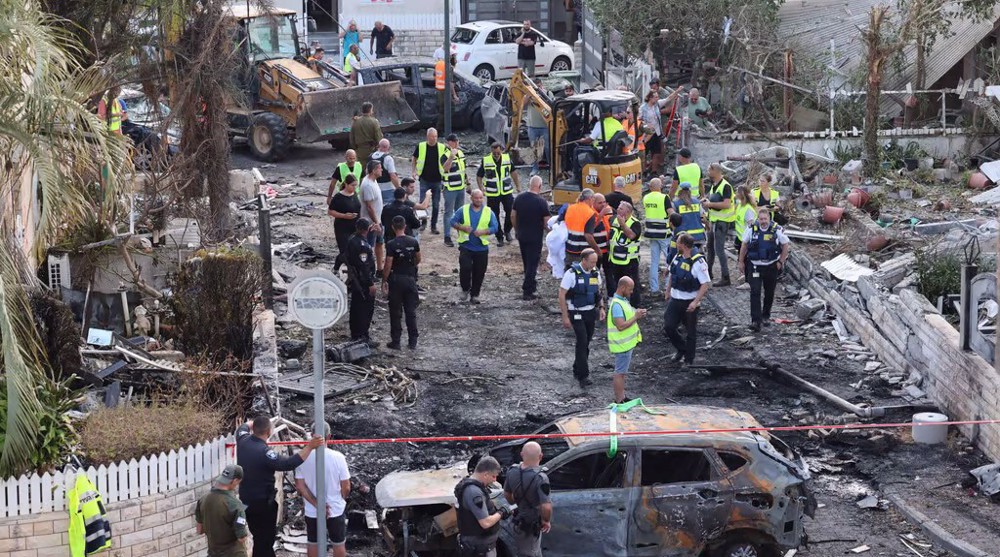
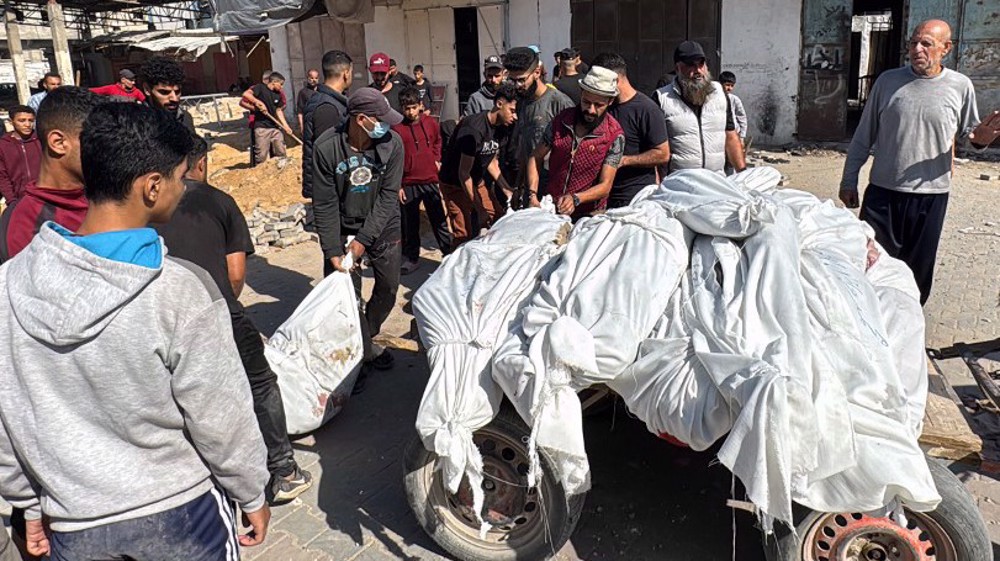
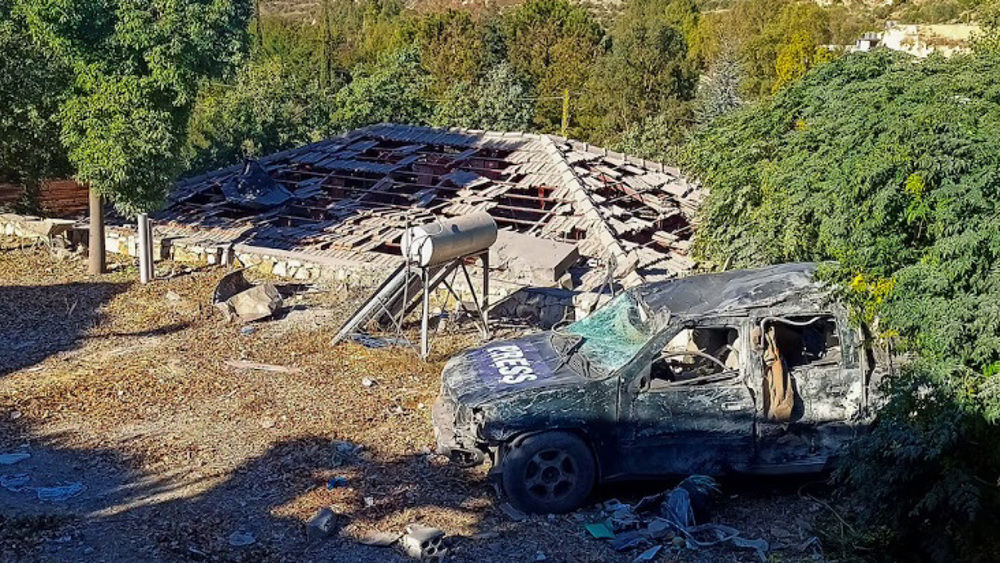
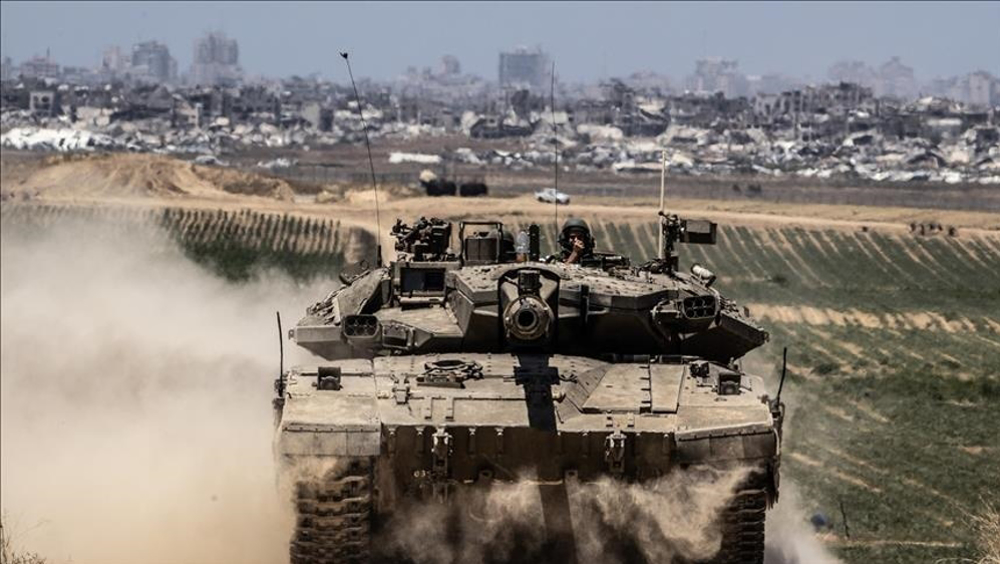

 This makes it easy to access the Press TV website
This makes it easy to access the Press TV website